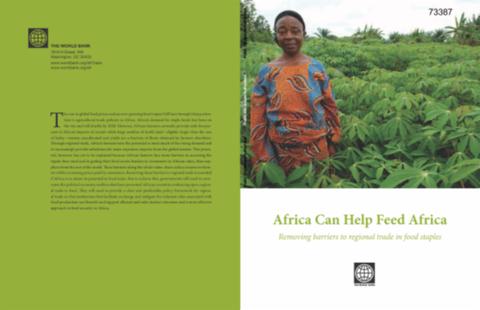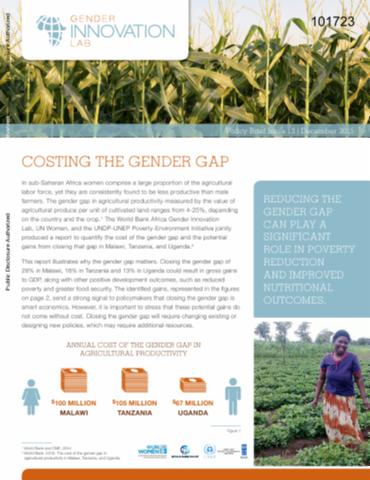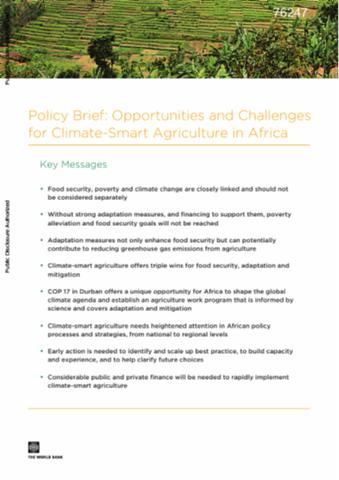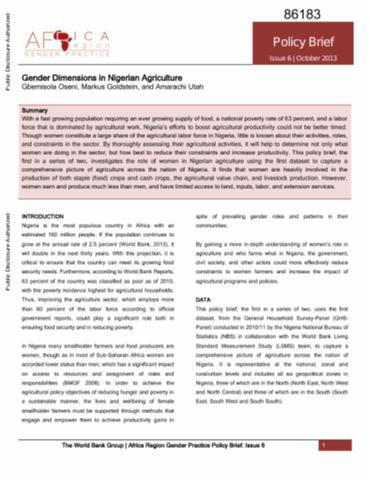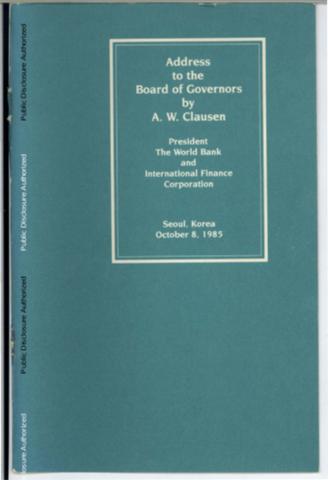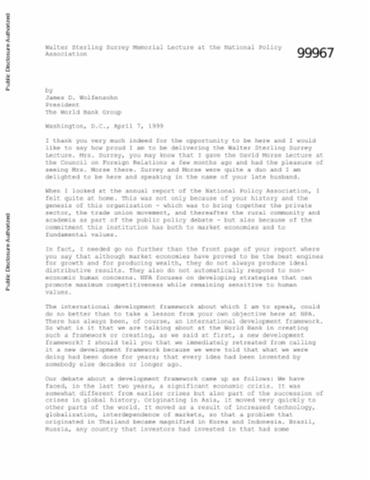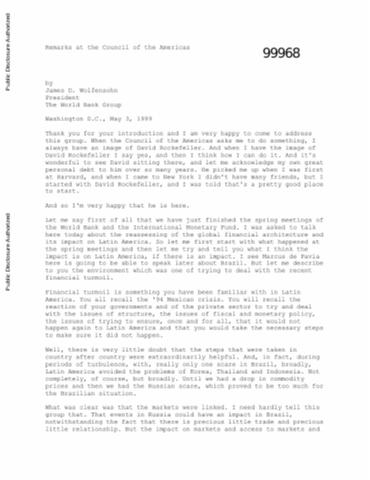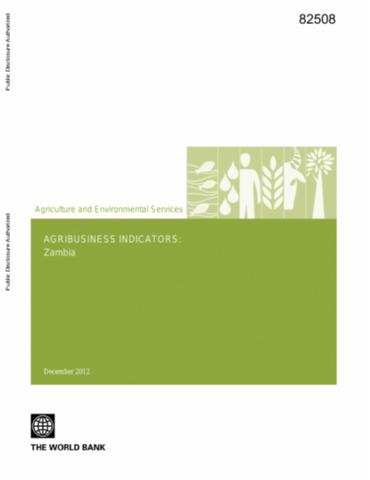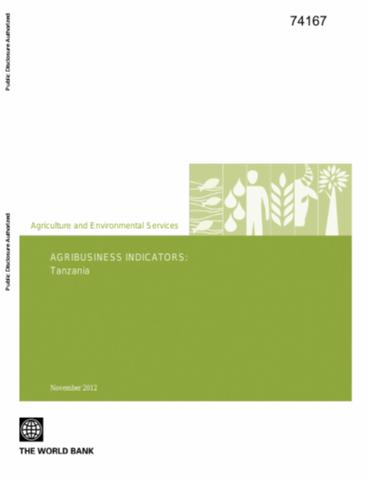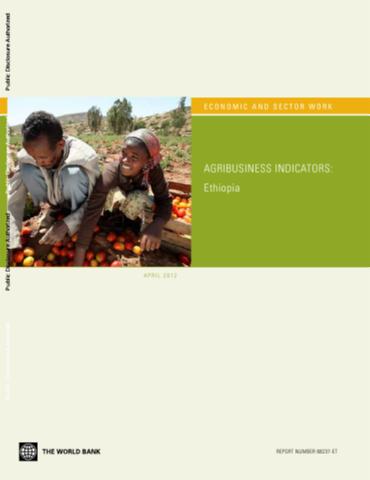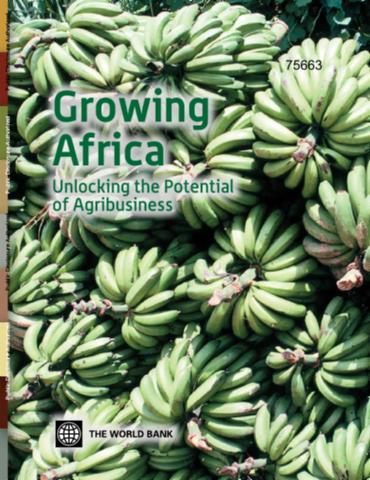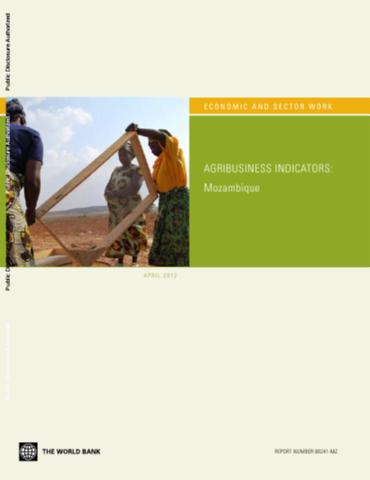Africa Can Help Feed Africa
Africa's growing demand for food has been met increasingly by imports from the global market. This, coupled with rising global food prices, brings ever-mounting food import bills. In addition, population growth and changing demand patterns will double demands over the next 10 years. Two key issues must be addressed: (a) establishing a consistent and stable policy environment for regional trade in fertilizers; and (b) investing in institutions that reduce the transaction costs of coordination failures.

